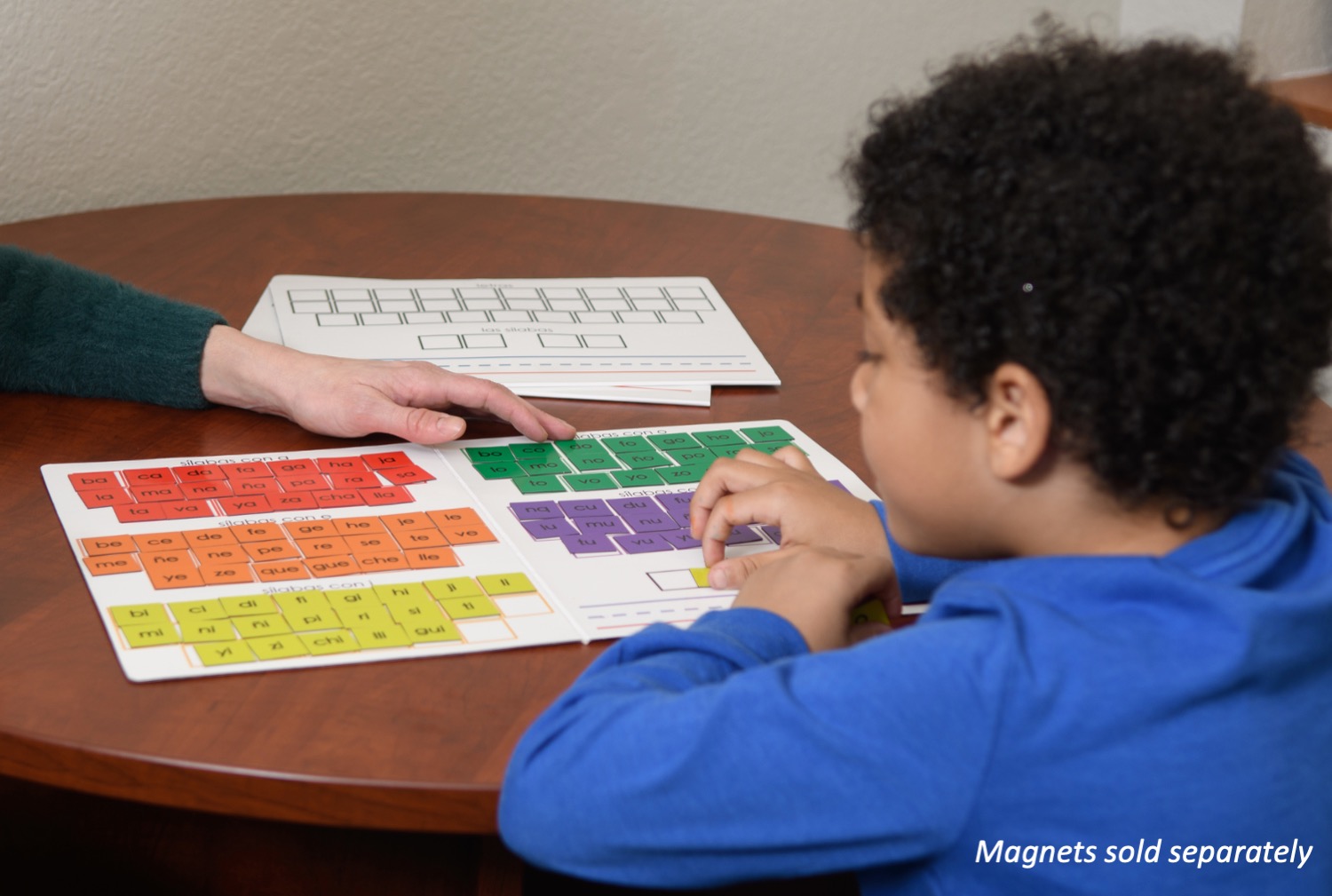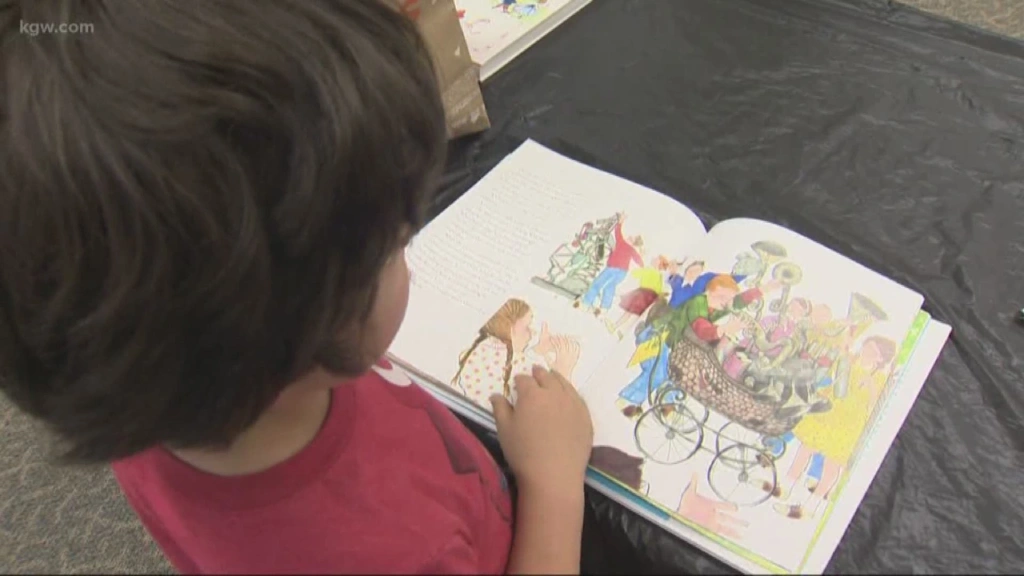Reading comprehension is the ability to understand and interpret the meaning of written text. It involves not just reading the words but also grasping the context, recognizing the main ideas, and drawing inferences. Strong reading comprehension skills are essential for academic success and lifelong learning. These skills allow readers to connect new information with existing knowledge, facilitating a deeper understanding of the world around them. Moreover, reading comprehension enables individuals to critically evaluate information, discern between fact and opinion, and develop informed perspectives.
Why Is Reading Comprehension Important?
Reading comprehension is vital because it lays the foundation for all other learning. With effective comprehension skills, individuals can better understand textbooks, follow written instructions, and enjoy literature. It also supports the development of critical thinking skills, enabling individuals to analyze and synthesize information effectively. Moreover, strong reading skills are linked to better writing and communication skills, both of which are crucial in today’s world. In professional settings, the ability to comprehend complex documents and communicate ideas clearly is indispensable, making reading comprehension a key skill for career success.

Strategies to Improve Reading Comprehension
Here are some practical strategies that can help boost reading comprehension for readers of any age. These strategies can be adapted to suit individual needs and preferences, ensuring a personalized approach to learning.
1. Preview the Text
Before diving into a new book or article, take a moment to preview the text. Look at the title, headings, subheadings, and any images or charts included. This will give you an idea of the subject matter and help set the stage for what you’re about to read. By skimming the text, you can also identify key themes and concepts, which can guide your focus and attention as you read. This initial overview can prime your mind, making it easier to absorb and retain information.
2. Ask Questions
Encourage curiosity by asking questions before, during, and after reading. Questions like “What do I expect to learn?” or “What is the author trying to say?” can guide readers and keep them engaged with the text. This active involvement enhances understanding and retention. Additionally, questioning can stimulate critical thinking, prompting readers to challenge assumptions and explore different interpretations. By fostering a questioning mindset, readers become active participants in the learning process, which can lead to deeper insights and comprehension.
3. Visualize the Content
Creating mental images of the scenes or concepts described in the text can significantly improve comprehension. Visualization helps readers connect with the material on a deeper level, making it easier to remember and recall later. This technique can be particularly effective for visual learners, who benefit from seeing ideas in their mind’s eye. By imagining characters, settings, or processes, readers can create a vivid mental map of the text, enhancing their engagement and understanding.
4. Summarize What You Read
After finishing a section or chapter, take a moment to summarize what you’ve read in your own words. This practice reinforces understanding and helps identify any areas that may need further clarification. Summarizing can also aid memory retention, as it encourages readers to distill information into key points. By articulating their understanding, readers can assess their comprehension and pinpoint gaps in their knowledge, allowing them to revisit and reinforce specific concepts as needed.
Tips for Different Age Groups
Reading comprehension strategies can be tailored to suit different age groups, ensuring that everyone can benefit from improved reading skills. By considering the unique needs and developmental stages of each age group, we can provide targeted support that fosters a love of reading and lifelong learning.
For Young Children
- Read Aloud Together: Reading aloud with young children helps them develop listening skills and introduces them to new vocabulary in context. This shared experience also fosters a love for stories and creates positive associations with reading.
- Use Picture Books: Picture books are a great way to engage young readers and help them visualize the story. The combination of text and illustrations can aid comprehension and spark imagination.
- Interactive Activities: Incorporate games and activities related to the story to make reading fun and interactive. These activities can reinforce understanding and encourage children to explore the text in creative ways.
For School-Age Children
- Discuss the Story: Encourage discussions about the characters, plot, and themes. This enhances critical thinking and comprehension by prompting children to articulate their thoughts and perspectives.
- Connect to Real Life: Relate the story to real-life experiences or events, making it more relevant and easier to understand. This connection can deepen engagement and help children see the practical application of what they read.
- Set Reading Goals: Establishing reading goals can motivate children to read more and improve their skills. By setting achievable targets, children can experience a sense of accomplishment and build confidence in their reading abilities.
For Teens and Adults
- Choose Diverse Genres: Reading a variety of genres exposes readers to different writing styles and perspectives, enhancing comprehension. This diversity can broaden horizons and encourage readers to explore new ideas and cultures.
- Join a Book Club: Participating in a book club provides an opportunity for discussion and deeper analysis of the text. Engaging with others can offer fresh insights and encourage critical evaluation of different viewpoints.
- Reflect and Write: Writing reflections or reviews about the reading material helps consolidate understanding and express personal insights. This practice can also improve writing skills and encourage thoughtful engagement with the text.

Overcoming Common Reading Challenges
Reading challenges can hinder comprehension, but with the right strategies, they can be overcome. By identifying common obstacles and implementing effective solutions, readers can improve their skills and confidence.
Dealing with Difficult Vocabulary
When encountering unfamiliar words, try to infer the meaning from the context. This approach encourages readers to rely on their existing knowledge and linguistic intuition. If needed, look up the definition and use the new word in a sentence to reinforce understanding. Building a personal vocabulary journal can also be a helpful tool for tracking and reviewing new words.
Managing Distractions
Find a quiet and comfortable reading environment to minimize distractions. A dedicated reading space can help create a focused atmosphere, making it easier to concentrate. Setting specific reading times can also help establish a routine and improve focus. By prioritizing reading, individuals can develop a disciplined approach that enhances comprehension and retention.
Maintaining Interest
Choose reading materials that align with personal interests. Engaging with content that is enjoyable and relevant increases motivation and comprehension. Exploring various genres and topics can also prevent monotony and stimulate curiosity. By allowing readers to pursue their passions, we can cultivate a lifelong love of reading that enriches both personal and intellectual growth.
Encouraging a Lifelong Love of Reading
Fostering a love for reading begins with creating positive experiences around books and stories. Encourage exploration and allow readers to choose materials that interest them. By giving individuals the freedom to explore, we can ignite their passion for reading and inspire a lifelong journey of discovery. Celebrate reading milestones and share the joy of discovering new worlds through literature. By recognizing achievements and sharing enthusiasm, we can create a supportive environment that nurtures a love of reading.
Conclusion
Reading comprehension is a valuable skill that benefits individuals throughout their lives. By implementing these strategies and tips, readers of all ages can enhance their reading skills, overcome challenges, and develop a deeper understanding of the texts they encounter. Whether through traditional books or digital platforms, the journey to improved comprehension is rewarding and enriching. As we cultivate these skills, we empower individuals to engage with the world more thoughtfully and critically.
Together, let’s cultivate a world of curious, engaged, and proficient readers. By fostering a culture that values and supports reading, we can inspire a generation of lifelong learners who are equipped to navigate an ever-changing world. Happy reading!
Unlock the Power of Reading with PDX Reading Specialist
If you or someone you know is seeking to enhance reading comprehension and overcome challenges, don’t hesitate to reach out to the PDX Reading Specialist for a comprehensive assessment. Our team of experts is dedicated to supporting individuals of all ages in developing strong reading skills and fostering a love for literature. Contact us today to embark on a journey of improved reading comprehension and a world of endless possibilities.


